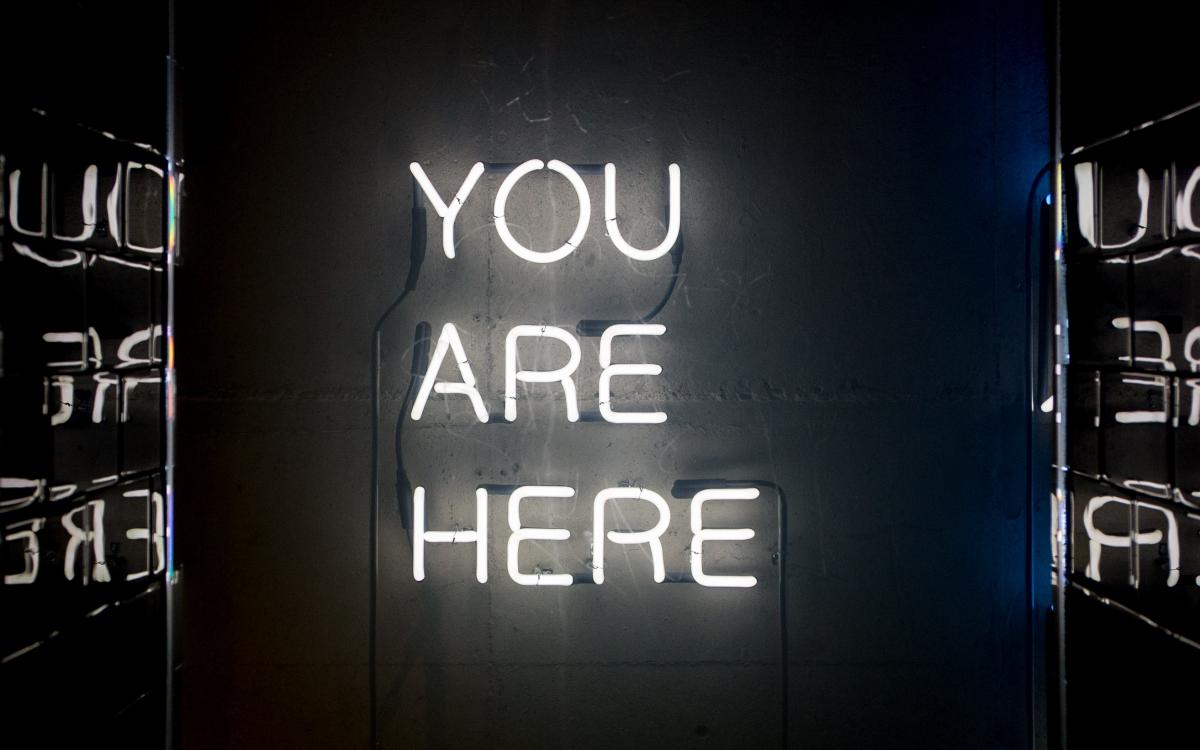Sermon - May 12, 2019 Who's that on the beach?

Who's that on the beach?
Once again, John' gospel offers a different perspective on a scene that sounds familiar. Frustrated fisherman – hours on the water and nothing to show. Jesus on the beach; is it Jesus? They can't tell – they are not fully convinced – but someone on the beach suggests they “cast the net to starboard” suddenly, everything changes. More fish than they can manage. Shouts of recognition from Peter. The mood of the expedition is lifted, and they make for the beach - they are drawn to the presence of Jesus.
Luke's gospel tells a similar story, but at the beginning of Jesus’ ministry – the great catch of fish results in Peter, James, John and their companions “abandoning ship” and joining Jesus crowd of disciples. The impulse in John's gospel is the same.
The resurrection of Jesus marks a new beginning...but Simon Peter and his pals don’t know it yet. Their loss has left them without purpose – they have, in their grief and confusion, returned to the sea (with no success) – but Jesus sudden, comforting, encouraging presence opens them to other possibilities.
I've often struggled with the idea of “Jesus present with us”. I'm a practical person who understands the theological principle of presence, but Jesus has never “taken me by the hand” or “carried me along the beach”. I accept that these are wonderful metaphors for a life of faith, but I am more often met with situations in peoples lives that suggest the absence of God. While it is true that often means we have turned our backs on God, or refused to recognize Jesus offer of companionship, far more often I am faced with the question “ where was God?” when tragedy takes centre stage, or hope seems all but lost
Presence suggests touch and sight and sound – shared laughter; genuine tears – we want comfort and encouragement in the first person, not by proxy. And so these earnest fishermen find Jesus, making breakfast, offering suggestions, calling them back to the tasks his teaching had prepared them for.
What does it mean for Jesus to be present? How can we experience that same feeling – a sense of purpose and mission that comes from the conviction that God is in control; that God's promises can be trusted; that the future is in God's care? We can't share lunch on the beach with Jesus. I can't put my hand on his scars; I can't tell the difference between my own determination and God's promised strength when the going gets tough and the burdens of service are overwhelming. How can we know it is Jesus?
I expect it is different for each of us – as it was for his disciples. For Peter, Jesus is the guy that gets him out of the boat – even before the boat has made land. For me, Jesus presence is the thing that allows me to think differently – to see possibilities instead of problems. And those “thought problems” bring me into the presence of people (the church) whose experience of Jesus is different than mine; and together, we offer comfort and encouragement; touch and sight and sound – presence in the first person. And Jesus is among us.
In a tradition full of mystery, the mystery of our message is the most perplexing. We are given the Gospel – Good News that says Jesus reward for enduring a brutal death is somehow our reward too. Our message suggests that somehow, Jesus torture and death were necessary for our salvation, and that by the power of the Holy Spirit, the Risen Jesus is always present with us, helping us to untangle the knotty problems that come from pledging ourselves to God's service. But the truth is that Jesus death and resurrection MUST CHANGE the way we see and experience the world around us. Jesus life and death stand as proof that hatred is pointless – that power is fleeting – even sacred institutions must be held accountable and occasionally challenged (or ignored). And Jesus death and resurrection teach us something else – that love activates life – love enthuses and energizes us – leads us in new directions with clear purpose. Love becomes real, and present and eternal in Jesus Christ. God's message takes flesh and walks among us, even now, two thousand years on. And that presence changes everything, every time. Amen.
 St. John's
St. John's




